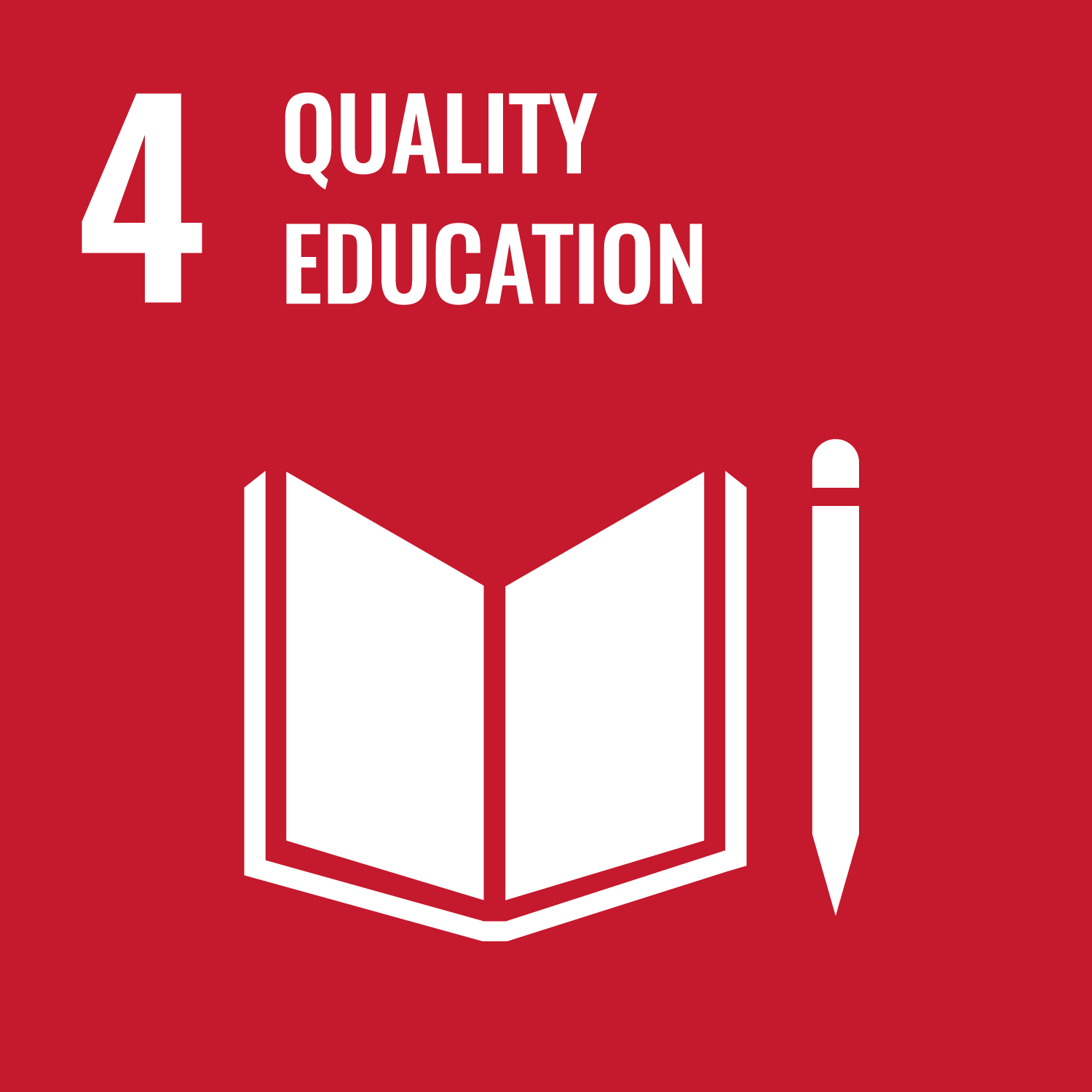Education

We provide quality education and build a social infrastructure where everyone can live with dignity.
JICA Global Agenda Leaflet (English) (PDF/2.10MB)
JICA Global Agenda Leaflet (French) (PDF/2.22MB)
JICA Global Agenda Leaflet (Spanish) (PDF/1.04MB)
JICA Global Agenda Full ver. (English) (PDF/352KB)
JICA Global Agenda Full ver. (French) (PDF/288KB)
JICA Global Agenda Full ver. (Spanish)
To enable quality education, thereby laying the foundation for a society where all people can fully develop their talents and abilities and live with dignity, and in turn promoting sustainable socio-economic development.
Education is a fundamental right that should be enjoyed equally by all. Access to quality education makes a significant contribution to the realization of human security in that it enables each child and young person to fully develop his or her talents and abilities, protects life and livelihoods and lays the foundations for a society in which people can live with dignity.
For more information on JICA's initiatives through applying Human Security approaches, please see below.
School enrollment rates were significantly improved by continuous efforts of international community to improve education since 1990. However, 263 million children are still out of school, most of which are the poor and girls in Africa, South Asia and other regions. In addition, improving quality of education is also a major challenge, under the situation called as “Learning Crisis”. 610 million children and youth in school have not reached the minimum proficiency level in literacy and numeracy.
In addition, while enrollment in higher education in high-income countries averages over 75%, that of low-income countries hovers around 9%, indicating a significant gap among the countries. Moreover, universities in low-income countries are having difficulty in providing high-quality education and research. As a result, there is a shortage of human resources with advanced knowledge and skills to drive socio-economic development.
Dissemination of quality education has been the basis of development of Japan. And Japan has supported the education sector of partner countries, with quality textbooks and teaching materials, teacher training system, and involvement of parents and local communities for schools etc.. Those experiences of Japan will help supporting partner countries.
In addition, in view of Japan's development experience and the roles universities have played, Japanese universities can continue to make various contributions to the development of pro-Japan leaders and the strengthening of higher education institutions in developing countries, which will also contribute to the internationalization of Japanese universities.
Education has a lot of factors: policy, administration, budget, curriculum, teaching and learning materials, teacher training, school facilities and equipment, and involvement of local communities and parents, etc.. Of these many issues, JICA focuses on the following four areas leveraging Japan's strengths, and works on other areas by collaborating with other development partners to achieve collective impact.
For all children to achieve minimum proficiency level in reading and mathematics to overcome the “learning crisis”, JICA develops quality textbooks and teaching materials with ICT, as the most important tools for learning focusing on mathematics in primary education. Target countries include South-East Asia and Central America, and will expand to Africa and other region. JICA will also work on development of non-cognitive skills and improvement of teacher training.
JICA promotes the "School for All" projects mainly in Africa, to build trust between schools and communities and to have community support children's learning, which is important to promote school attendance, prevent dropout, and improve academic achievement.
JICA supports vulnerable children including out-of-school children, girls, and children with disabilities, etc. to have opportunities for quality education, by promoting non-formal education, girls' education and education for persons with disabilities. Pakistan, which has the huge number of out-of-school children as a priority country.
Leading (top) universities in each country and region that drive the socio-economic development of their respective countries will be targeted for cooperation to promote the development of highly skilled human resources through strengthening their educational, research and administrative capacities. We will promote JICA chairs at the leading universities and expand the number of pro-Japan leaders.
scroll